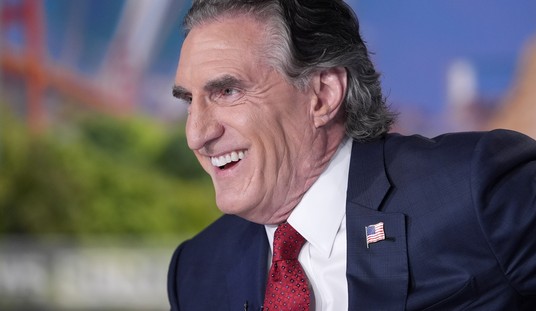Politico has lobbed out a starry eyed, hopeful series of eleven proposals for bipartisan accomplishments available to Congress and the President during Obama’s final two years in office. Each mini-essay, authored by a wide variety of political figures, covers an area where the authors seem to believe that the newly reconstructed Congress could work across the aisle – and with Barack Obama – to get things done for America. I’m not going to deconstruct the entire list, but I’ll include the top lines for each to allow for discussion here, along with a few comments. For a few which may seem less obvious, I’ve included a snippet from the description.
1. Save the unemployed.
(a) boost the federal minimum wage to $8.50 an hour
(b) index the wage to inflation and finally
(c) top it off with an hourly $1.50 wage subsidy.2. Repair the tax code and immigration.
The specifics for reforms on both immigration and tax are, of course, negotiable. The need for fixing these broken-down systems, however, is not.3. Modernize the mail.
The Carper-Coburn Postal Reform Act of 20144. Make the U.S. a better trading partner.
Give President Obama new Trade Promotion Authority (TPA), so that the administration could present major new trans-Pacific and trans-Atlantic trade and economic deals to the Congress for an up-or-down vote without amendment.5. Rebuild our infrastructure.
6. Refund the military. By William Kristol
President Obama, most Republicans and the bipartisan National Defense Panel agree that continuing the massive automatic defense cuts known as the sequester would devastate our military preparedness. So the ground has been laid for a bipartisan effort to begin to restore defense spending to reasonable levels7. Rehabilitate our prison laws. By Sen. Rand Paul
The REDEEM Act (S. 2567), which I introduced with my Democratic colleague Sen. Cory Booker, creates a path to expunge non-violent crimes from the records of those ex-offenders who have demonstrated the will to be rehabilitated.8. Stop bulk data collection. By Sen. Patrick Leahy
9. Make government more responsive. By Rep. Henry Cuellar
Set government-wide customer service standards to improve federal workers’ response times.10. Repeal the medical device tax. By Sen. Orrin Hatch
12.* Fix our immigration system. By Lee Hamilton
(* = There was no eleven on the list for some reason.)
Some of these items are things which are far from bipartisan and have provided some of the most pitched battles in Congress and in public discourse that we’ve seen in decades. How they suddenly become bipartisan just because the GOP may take control of the Senate is a mystery to me. They include comprehensive immigration reform and revamping the tax code. The two parties are just about as far apart as they could be on these issues, not on the details of how to do it, but rather on the entire direction to take. Liberals like the tax code the way it is, except that it needs to tax the successful even more heavily. Conservatives want to flatten and lower tax rates, possibly with an entirely different theory of collection, which is more fair across the board. On immigration, one side wants to let nearly everyone in. The other wants to secure the borders and enforce the law. These are not shades of gray where you find a color which suits both sides. The two parties are a world apart.
Some of the other items on the list might be nice, but they are largely either window dressing or probably aren’t as popular on both sides as the author imagines. Repealing the medical device tax is certainly popular with conservatives, but will be seen as a direct assault on Obamacare. Do you really think Democrats or the President are going to be on board with that? Fixing the Post Office would be great, I’m sure, but a cost effective means of doing so still seems to elude us. Infrastructure spending is one of those things that sounds great on television, but conservatives remain gun shy (and rightly so) about ladling out buckets of cash to the states without accountability as to whether it will actually be spent on roads and bridges as opposed to plugging holes in failing budgets.
Boosting military spending might happen, given the public’s tough learning curve at the hands of ISIS, but many of the doves will still put up a fight. The minimum wage could end up going up because, as I’ve written here before, the GOP has essentially lost that fight in the political arena, no matter how negative the results may wind up being for the country. I suppose “trade reform” could happen, though we’ll once again pay for it in terms of jobs at home. And I have no idea what “making government more responsive” means in terms real world logistics for citizens, but it sounds like a good enough bumper sticker to get something to pass.
All in all, I’m not seeing much of substance here which will sail through without an ugly fight. But then, I have about as much confidence in Congress these days as the rest of the nation.








Join the conversation as a VIP Member